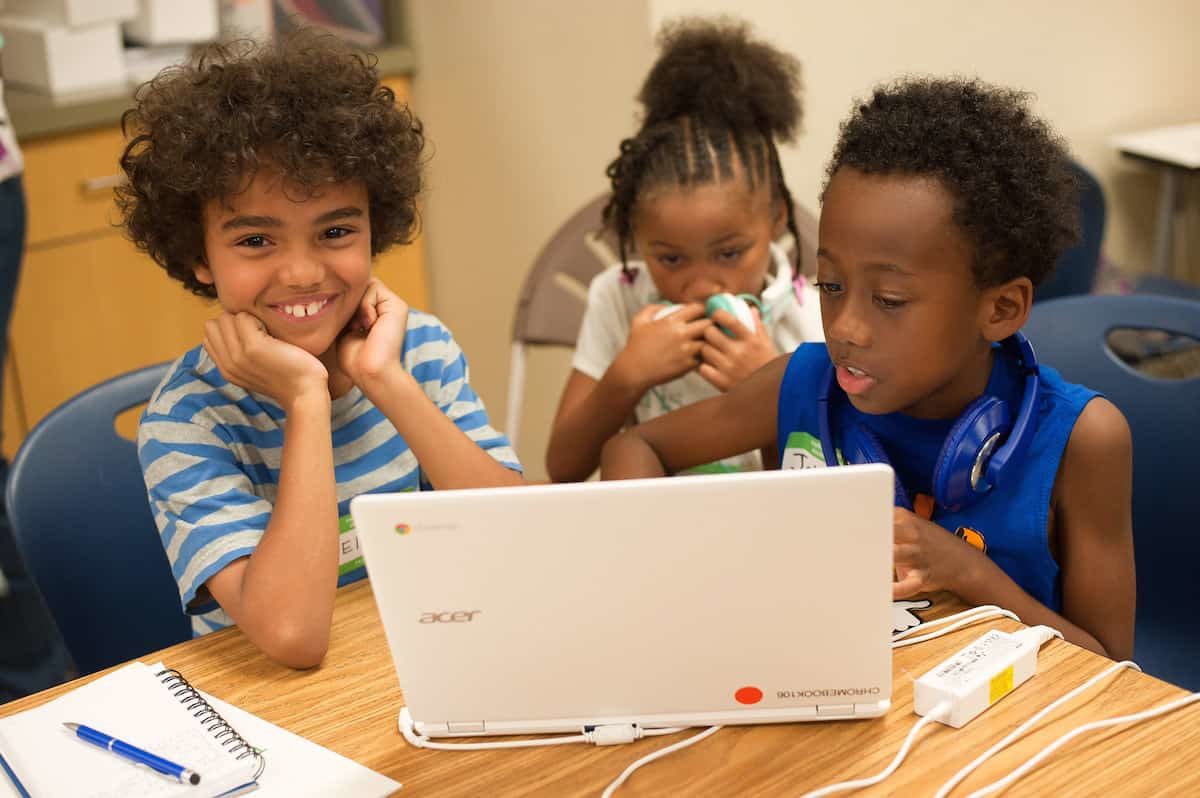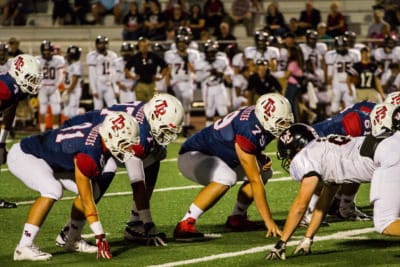

The 50-50 split of U.S. senators in the vote to confirm the nation’s secretary of education points anew to an enduring paradox in the relationship of Americans to their schools. Betsy DeVos won confirmation with Vice President Mike Pence casting a tie-breaking vote, but only after intense debate concerning her wealth, her qualifications, and her approach to education policy.
From the nation’s founding, education has been regarded as central to the democratic enterprise, to the development of national identity and citizenship. Schools teach history and civics as core subjects. In other words, education is an essential instrument “to form a more perfect union.”
The North Carolina Constitution puts it even more explicitly than the U.S. Constitution. “The people have a right to the privilege of education, and it is the duty of the State to guard and maintain that right,” says the Article I Declaration of Rights. The state Constitution’s Article IX is devoted completely to education, mandating the General Assembly to provide a “general and uniform system of free public schools.” Article IX asserts that “religion, morality and knowledge being necessary to good government and the happiness of mankind, schools, libraries and the means of education shall forever be encouraged.”
If schools exert centripetal force pulling Americans into unity, schools also emit centrifugal force pulling Americans apart. From the Scopes trial over the teaching of evolution, to the too-long resistance to racial desegregation, to civic and legal struggles over book selections, prayer in schools, and voucher-funding for private education, schools have served as arenas for Americans’ cultural and ideological divisions.
Americans fight so hard over education because it matters so much.
Four days after the inauguration of President Donald Trump, the nonpartisan Pew Research Center released a survey of 1,500 adults to determine the “public’s policy agenda.” Terrorism ranked highest, cited by 76 percent of respondents; economy came in second with 72 percent, then education third with 69 percent.
Education placed third despite the fact that the contentious 2016 presidential campaign did not turn on education; Trump and Democrat Hillary Clinton had dramatically different views on education, but they clashed mostly over their integrity, veracity, and fitness for the presidency. That education placed third is rather remarkable, evidence of its resilience as a matter of public interest and concern.
A sign of the times came in a secondary finding of the Pew Survey. Of the respondents who identified as Democrats and lean-Democratic, fully 77 percent placed education as a top priority. Among Republicans and lean-Republicans, 59 percent cited education as a priority — still a majority, but far fewer than Democrats. Indeed, education ranked highest among Democrats, eighth among Republicans.
The Pew survey did not gauge support-opposition on specific issues, nor measure partisan differences over the current flash-points in education policymaking. Still, the differences in intensity between Democrats and Republicans is telling.
Another sign of the times came in two pro-DeVos TV spots produced by the America Next PAC, headed by Republican Bobby Jindal, the former Louisiana governor. One features standard partisan fulmination about “extreme liberals’’ and asserts that DeVos “wants low-income kids to have the same choices that liberal elitists have for their families.” The other TV spot has a more intriguing line: “DeVos believes in giving families a choice: charter schools, online schools, parochial schools and outstanding public schools.”
Notice that the adjective “outstanding’’ only applies to public schools, whether intentional or unintentional. So then, does DeVos, as well as like-minded “choice’’ advocates, actually have a strategy for enlarging the roster of outstanding public schools while offering a choice of other schools that may or may not be outstanding? The centripetal force toward civic unity would surely lose potency if choice policy and funding result in fewer outstanding public schools.


